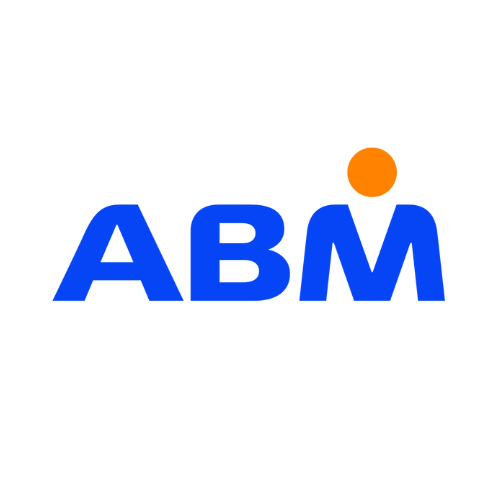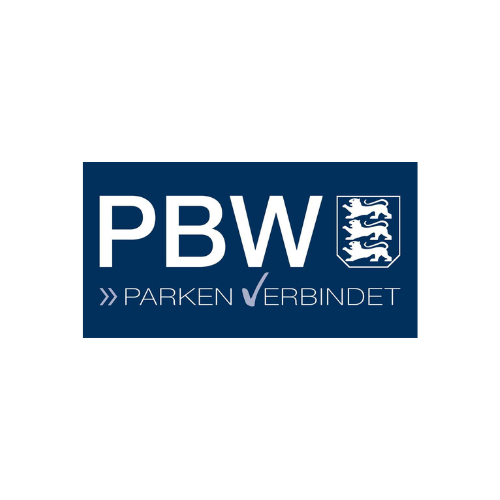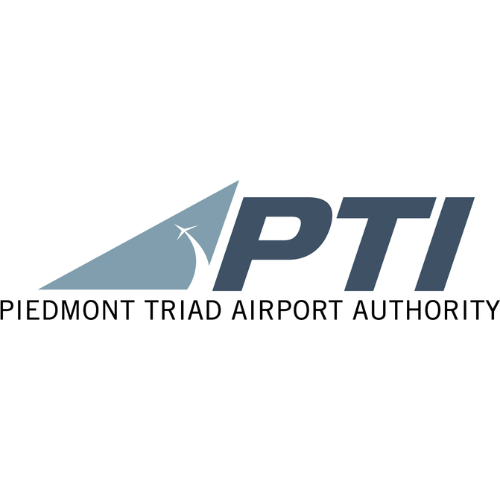Seasonal buying peaks and events present opportunities across industries. For Travel brands, it has always been essential to plan ahead, and as consumers gain more control over their own holiday research and booking thanks to the Internet, this is now more the case than ever.
Whatever the economic and political uncertainty around issues like Brexit, people still want to take holidays: ABTA’s Holiday Habits Report 2018 revealed that 45% of holidaymakers were planning to visit a new country in 2018.
For airports looking to build on customer loyalty and convert new leads, these high-demand, busy seasons can be the most commercially critical times of the financial year.
It takes considerable time and organisation to plan an effective seasonal campaign. For this reason, smaller airports may fail to capitalise on these opportunities. However, it is possible to optimise your seasonal bookings without going over budget.
A Step-by-Step Guide to planning a seasonal marketing campaign
1. Pick your season and do your research
With seasonal campaigns, timing is of the essence. This means that you must schedule well in order to plan well in advance. You must also plan the execution of each stage at the right time. There is no point, for example, in sending out special offers for a summer holiday to a customer who booked two months earlier. Remember, many people book for their summer getaway as early as the first week of January.
Start by choosing a season to serve as the focus of your campaign. It’s important that you do this strategically. You must use an opportunity that engages your audience in order to see results. If you’re targeting customers who are interested in taking family holidays, you could plan around the Easter or summer school recess. Think about your audience. When is the best time to contact them? When will they be most likely to share content or engage with the campaign?
This will help you to offer relevant products and services that will make your emails a welcome addition to their inboxes.
Once you have the focus of your campaign, whether it’s Easter or summer holidays, or something else, it’s useful to research the most successful campaigns for this season. Tools like Ahrefs and BuzzSumo can help a lot with this. As well as looking at the figures from successful campaigns, spend some time studying how each piece approached content format, messaging, distribution, storytelling and emotion.
You might find the following questions useful:
- Is the messaging clear? If so, what is it?
- What emotions does the campaign evoke in the customer?
- How has the campaign used multiple content types and distribution platforms? Why did this work?
If you can answer these points, you should be able to spot common denominators in successful campaigns that may inspire the creative direction of your own messaging and help you plan your strategy.
You might also find it useful to reach out to digital publications that covered some of the successful campaigns you have studied. This will give you insight into the type of content they like to post around your chosen season, and when they need to receive press releases and content for those pieces, enabling you to have your content prepared, planned and ready to be sent to sites in plenty of time.
2. Solidify your message
Messaging is the key to a campaign that will resonate with the reader. Start by considering the following points:
- What is the customer journey?
- What story do you want to tell, and what emotions do you want to evoke?
- What do you want to the customer to do? What is the direction of your call-to-action?
3. Prepare a simple key visual and a headline
Use a standout visual theme and headline in order to separate your seasonal message from regular emails. This will draw attention to your offering and let your customers know that something exciting is happening.
However, make sure to keep your brand identity. Seasonal imagery, colours, language and emojis can all serve to identify the product within the brand look and voice. A consistent brand image is vital to maintaining customer trust.
4. Make a list of promoted products
Make a list of products and offers you’re planning to highlight. Use two criteria: Relevance to your customer and price reduction. These products will form the main focus of your campaign, so choose carefully.
Pick one primary product (this might be an all-inclusive holiday, or a specific destination) that is interesting to your target audience. Prepare a significant discount on this offering. This will be the bait that draws the customer to find out more, brings them to your landing page and grabs their attention. More revenue will come from other items in their cart such as car parking and lounge time, from ancillaries purchased at the airport, and from customer advocacy as the customer journey progresses.
You can also create promotions on other products such as long-stay car parking or food and beverage concessions. These will complement your promoted offer. You can test these out on social media and in newsletters that you send to different segments of your customer base.
5. Coordinate your assets
Involve all possible marketing platforms when planning your campaign. Email, social media, PR, SEO and blogging all play an important role. By incorporating a consistent message across platforms you will create an effective content flow, better reach and increased engagement. When you share on different platforms it makes it much easier for people to find your campaign and to share it with their friends.
Prepare a campaign plan to organise the timing and frequency of content release and to help you keep your messaging consistent.
6. Map your channels
This consistency is critical. Most customers won’t follow you on every social media channel, see every advert, read your blog and read articles from your PR department, and so most people only see part of your communication.
It’s therefore crucial to send the same message on every channel. If you are inconsistent, the perception will be that you are unreliable, untrustworthy and slapdash.
Launch your communication at the same time across platforms too. This avoids favouring those customers who follow you on one or other of the relevant channels.
To do this, you must prepare. Map your media for every channel and make a list of all of the videos, graphics and ads you need. Don’t forget to include details like dimensions, file sizes, and maximum copy length.
It’s also important to categorise your channels. Use the analytics tools in your Rezcomm software to decipher your customer journey from attraction through to purchase. Use this knowledge to adjust your communication. Channels in the first stages need to be attention grabbing. Those that lead straight to conversion should focus on the product and have a very strong CTA.
7. Analyse your campaign impact and respond in real-time
When planning any marketing campaign it’s important to remain agile. Use the reporting tools in your Rezcomm dashboard to review campaign performance in real-time, and adjust your strategy as necessary.
Look at which channel is bringing the most traffic. Which landing pages have the lowest bounce rate and which are converting the best? These simple metrics and other KPIs will inform both your short and long-term strategy.
Never be afraid to change your original plan. If you can see a way to improve the success of your campaign, go for it.
Creating your campaign
As you can already see, there is so much to think about when preparing a campaign, it really is never too early to start working towards your next seasonal promotion.
In order to simplify the task, let’s walk through a checklist of the steps necessary to prepare:
The preparation
- Use the reports in your Rezcomm dashboard to analyse previous year’s sales and sell-outs
- Plan your yearly marketing activities using an industry calendar, or with help from industry experts
- Be aware of other extra sales-day opportunities
- Set a timeframe for each day and season
- Map your channels: List all necessary media along with dimensions, file sizes etc.
- Search for other extra sales day opportunities
- Check your top conversion paths and adjust your designs for different channels
- Prepare key visual and content ideas for your campaign
- Decide which products you will promote
- Send requirements to your designer at least a month before sales day
Your airport website
- Prepare a landing page for your featured discounted/promoted products
- Feature promoted products on your homepage
- Set up in-store banners
- Share a related article on your airport blog with links to your offer
Your email marketing campaign
- Use the brand-matched templates in your Rezcomm email marketing pack to prepare a sales email template
- Create messages for each customer segment Structure products from your list according to the preferences and buying behaviour of each target segment
- Schedule your emails using the automation capabilities in your ecommerce software – you can do this at any point in the 12 months before your campaign goes live, so you really can get the hard work done in advance
Your search engine results
Include keywords related to your campaign
Set up adverts and direct them to a specific promotional landing page
Schedule your search ads
Your social media reach and Google Display Network
- Choose the audience for your ad campaign
- Set up adverts using prepared video and graphics and direct them to a specific promotional landing page
- Schedule ads
Social media reach
- Prepare and schedule posts for each social channel (Facebook, Instagram, LinkedIn, Twitter and more)
- Change your cover photo and profile pictures on Facebook/Twitter/LinkedIn to relate to your promotion
- Publish Instagram and Facebook Stories and ‘live’ videos during the campaign
- Let customers know about sold-out products
Final checks
- Check the reports in your Rezcomm dashboard. Check bookings, customer acquisition, conversion and campaign insights
- Make a summary of all gathered data. You can draw on this for your next campaign
- Develop ongoing email workflows to maintain and build customer loyalty and to keep customers and prospects engaged. This should include asking for customer feedback and encouraging brand advocacy and word-of-mouth recommendations
Remember that your airport business is unique. The steps you take may be a little different to those suggested above. But then you don’t want your campaign to be exactly the same as that of your competition. Follow up on promises and communicate with the customer in a personalised way, remain consistent in your message, and plan ahead to get your campaigns out to the right people at the right time.
Rezcomm’s world-first combined platform for airport sales, marketing and customer-centric analytics can help you build your airport business long-term. We already partner with airports that serve a quarter of a billion passengers worldwide. If you want to develop a seasonal marketing strategy to land more sales and nurture happy, loyal customers contact us for a chat today.




























